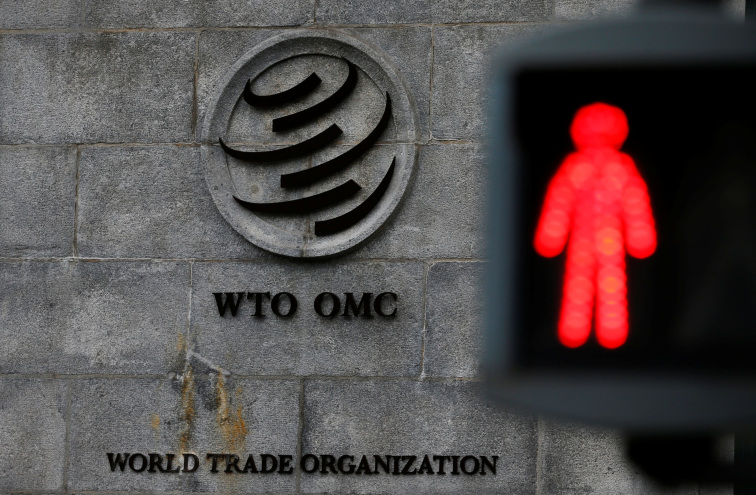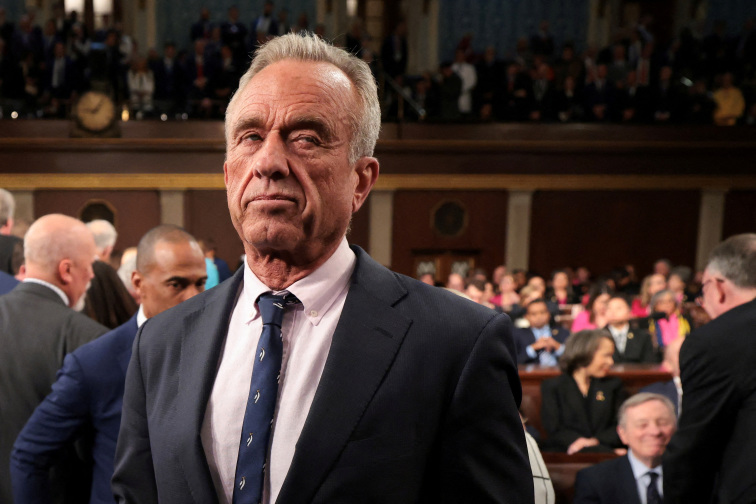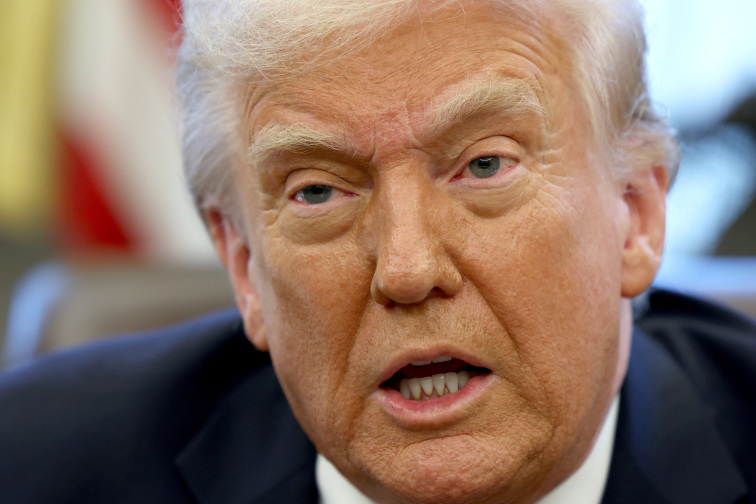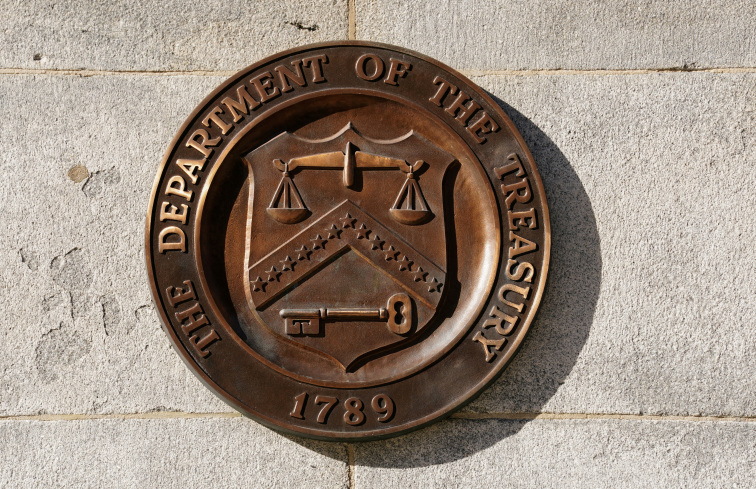GEORGETOWN (Reuters) - U.S. Secretary of State Marco Rubio on Thursday said the State Department may have revoked more than 300 visas and warned the Trump administration was looking every day for "these lunatics" after Washington this week detained and revoked the visa of a Turkish student.
"It might be more than 300 at this point. We do it every day. Every time I find one of these lunatics, I take away their visas," Rubio said at a press conference in Guyana.
"At some point, I hope we run out because we've gotten rid of all of them, but we're looking every day for these lunatics that are tearing things up."
His comments were in answer to a question about Rumeysa Ozturk, a Turkish student who was detained on Tuesday near Boston by masked and plainclothes agents. She had voiced support for Palestinians in Israel's war in Gaza.
The top U.S. diplomat confirmed the State Department revoked Ozturk's visa and said Washington would take away any visa that has been previously issued if students would participate in actions such as "vandalizing universities, harassing students, taking over buildings, creating a ruckus."
Rubio did not say if Ozturk participated in those activities.
Her arrest came a year after Ozturk co-authored an opinion piece in the school's student paper, the Tufts Daily, that criticized Medford, Massachusetts-based Tufts' response to calls by students to divest from companies with ties to Israel and to "acknowledge the Palestinian genocide."
Ozturk's supporters say her detention is the first known immigration arrest of a Boston-area student engaged in such activism to be carried out by Trump's administration, which has detained or sought to detain several foreign-born students who are legally in the U.S. and have been involved in pro-Palestinian protests.
The actions have been condemned as an assault on free speech, though the Trump administration argues that certain protests are antisemitic and can undermine U.S. foreign policy.
(Reporting by Humeyra Pamuk and Kemol King in Georgetown; Additional reporting by Julia Symmes Cobb in Bogota and Daphne Psaledakis in Washington; Editing by Chris Reese and Lisa Shumaker)











News magazine bootstrap themes!
I like this themes, fast loading and look profesional
Thank you Carlos!
You're welcome!
Please support me with give positive rating!
Yes Sure!